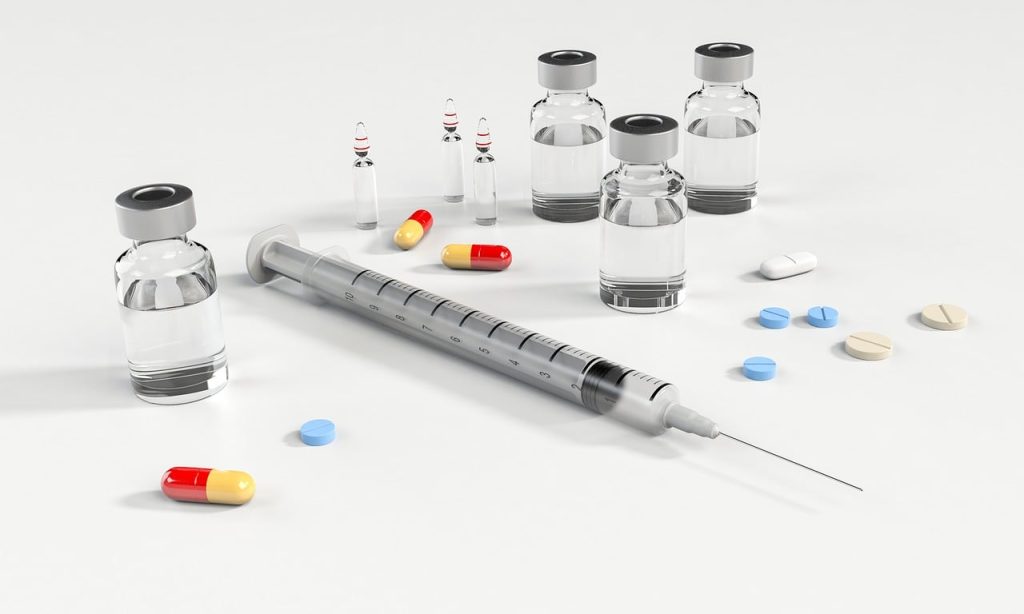Artificial intelligence is a smarter, faster, and more effective pathway to drug development. It has the potential to take the medical world by storm. The need for speed – and accuracy – is real. AI is well underway in revolutionizing the discovery of life-saving drugs. With the promise of lower costs and shorter development timelines, AI-enabled drug discovery holds major potential to increase the accessibility of drugs and to treat diseases and conditions.
AI is a wide-ranging branch of computer science that builds smart machines to perform tasks typically requiring human intelligence. AI tools are gaining popularity in biomedical research because while it can take years for the pharmaceutical industry to create medicines capable of treating or curing human disease, using AI could vastly accelerate the drug-development process.
This new generation of AI is focused on picking the right target in the body, designing the right molecule to interact with it, and determining which patients that molecule is most likely to help. For example, by deploying AI and machine learning to analyze magic mushroom trips from psilocybin dosages, scientists can better understand the right dosage to the right patient at the right time. Doctors can offer microdosing schedules thanks to pattern recognition algorithms from AI that scour enormous amounts of data and experiences that psychedelics induce to investigate treatments for a range of conditions, including depression, addiction, and PTSD.
AI not only saves researchers time and money but provides drug candidates that may have much better properties than any molecules that exist in nature. Pharmaceutical companies are making healthier use of these tools using large language models to help stratify solutions while identifying side effects to help in the delivery of effective healthcare and medicines. Once you have large language models that can look across multiple different forms of data, you can make correlations that were impossible with traditional discovery models.
Additionally, traditional drug discovery is a notoriously time consuming and expensive process, with clinical stages typically taking years and costing up to a billion dollars. In a traditional drug discovery approach, companies and their researchers could never have scaled this fast. AI tools offer substantial possibilities to reshape the speed and economics of the industry making it more cost effective for patients to get efficacious drugs. AI automation opens up the possibility of faster, cheaper pharmaceuticals.
Using AI-powered medicine could allow for more effective treatment of conditions such as heart disease, cancer, and cystic fibrosis. It could allow clinicians to optimize the timing and dosage of medication for patients, or screen patients using their individual health profiles. This divergence from a one-size-fits-all medical model could lead to earlier diagnosis and better treatment thereby saving lives and making better use of resources.
There is already an existing regulatory framework in place for drug development and delivery that helps secure the integrity of data, quality of data, and transparency for patients. This, in turn, makes it possible to move fast without breaking things.
